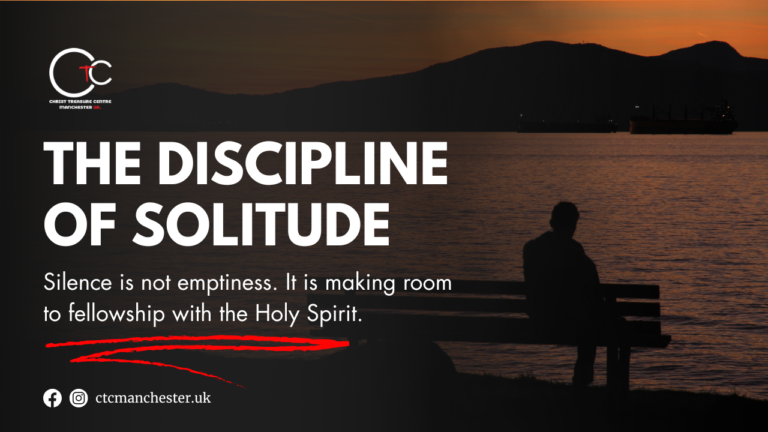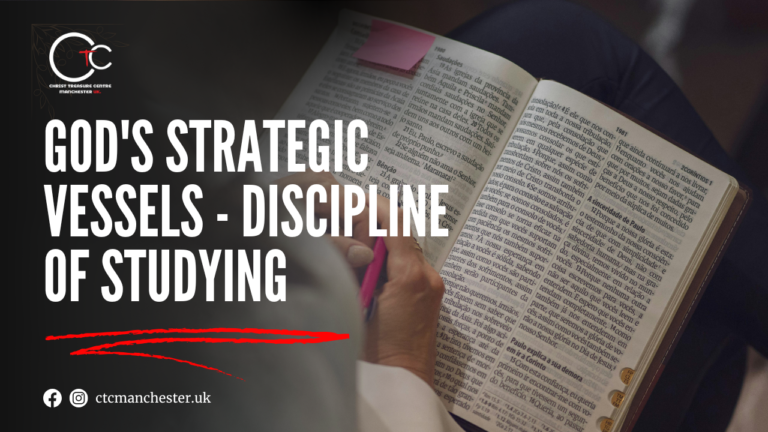Psalm 23:1 – “The Lord is my shepherd; I shall not want.” By revelation and experience, we can come to understand that God’s character never changes. He cannot fail. This verse is a testament to God’s consistent character of providing. If He is our Good Shepherd, we cannot lack. In Christ, He freely gives us all things. Romans 8:32 asks, “He who did not spare His own Son, but delivered Him up for us all, how shall He not with Him also freely give us all things?” Matthew 6:26 instructs us to “Look at the birds of the air, for they neither sow nor reap nor gather into barns; yet your heavenly Father feeds them. Are you not of more value than they?” The birds of the air are provided for by our Heavenly Father, and we are much more valuable than they are.There is a covenant of constant and unlimited provision which has been made available to the believer and this is backed up by the character of God.
1 Timothy 5:8 states, “But if anyone does not provide for his own, and especially for those of his household, he has denied the faith and is worse than an unbeliever.” In context, this verse speaks to anyone, not just men. If anyone is unable to provide for their own household, they are worse than an infidel. If this is true for humanity, how much more so for God – our Father. Many times, we focus on the first verse and overlook the second. Psalms 23:1-2 reiterates, “The Lord is my shepherd; I shall not want. He makes me lie down in green pastures; He leads me beside the still waters.”
God’s provision is tied to His leading. Often, we associate provision with manna, but that is not God’s primary mode of provision. His primary mode is leading. He has provision for us and leads us there. David was not the first to call God Shepherd; it was Jacob. Genesis 48:15 reads, “Then he blessed Joseph and said, ‘May the God before whom my fathers Abraham and Isaac walked faithfully, the God who has been my shepherd all my life to this day.'” Jacob understood this by revelation, tracing the story from Abraham. The covenant came from Abraham. He faced famine, and in Egypt, he was sustained. During Isaac’s time, there was a famine, and he wanted to go to Egypt. He was going to do what his father did, but God led him differently.
Genesis 26:1-3 tells us, “Now there was a famine in the land—besides the previous famine in Abraham’s time—and Isaac went to Abimelech, king of the Philistines in Gerar. The Lord appeared to Isaac and said, ‘Do not go down to Egypt; live in the land where I tell you to live. Stay in this land for a while, and I will be with you and will bless you. For to you and your descendants I will give all these lands and will confirm the oath I swore to your father Abraham.'” Genesis 26:12 further illustrates, “Isaac planted crops in that land and the same year reaped a hundredfold, because the Lord blessed him.”
The leading of God in provision is crucial. Isaac was commanded to remain, and he obeyed and prospered. In scarcity, God will lead and keep us in plenty. It’s important to note that scarcity comes because of sin in the world. A believer can suffer lack where they were not meant to be. God led Isaac differently, and the same for Jacob too. He was to be sustained in a foreign land. Jacob’s story explains Psalm 23:1 beautifully.






